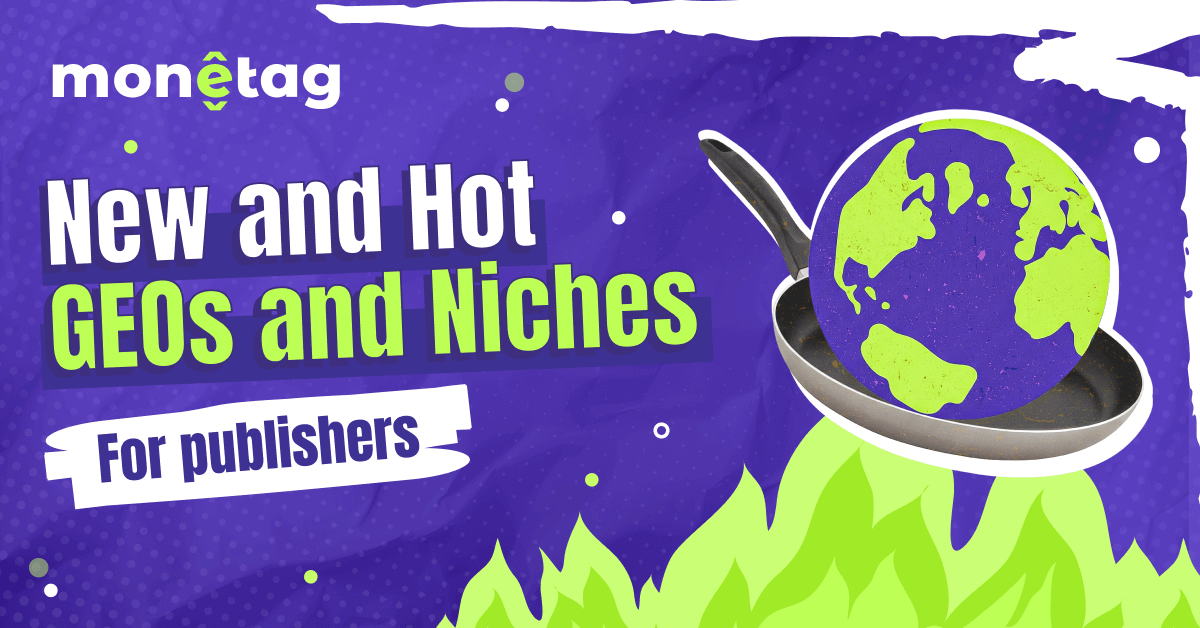Telegram Mini App Trends: What’s Hot Right Now?

It’s hard to define the biggest trends in the TMA niche: the overall story about Telegram Mini Apps is a trend itself! Patterns, approaches, and user behavior are changing so fast that the apps trending a couple of months ago look stone-age.
So, with TMA, you need to be quick, sharp, and ever-curious. To catch the hottest trends, we asked the experts in the TMA industry and rushed this article out before these trends went extinct.
Trend 1: Gaming is Still On Top
The boom in Telegram Mini Apps began with NOTCoin and Hamster Combat. Their simple tap-and-earn mechanics hooked players and spawned dozens of very similar apps, almost clones, but—let’s be honest — without the same success.
Most experts and Mini App users today (at least, all of those we actually asked) agree that tapping games are almost dead now. However, games are still a leading niche of TMA: if you check the FindMini.app statistics, you’ll see games confidently taking all the top positions by revenue and user engagement.
Which games, though?
They’re still Web3 games based on blockchain and giving users a chance to earn. Web2 games—even the most Telegram-friendly ones—are still not so popular among TMA users: they don’t reward you for sharing, so they don’t go viral.
Meanwhile, Telegram is the perfect platform for Web3, with its ready crypto audience and easy Web3 integration through wallets, NFTs, and in-app payments. Projects like the TON ecosystem are already pushing this forward, bringing Web3 users to Telegram.
Trend 2: NFT Gifts as the New Currency
A great way to catch the trends is to check the fastest-growing Telegram Mini Apps, and this quick research opens the eyes to the continuing trend of NFT gifts. Just look at a couple of apps that boomed in the previous couple of weeks:
- Case. A luck game where users can win random NFT gifts in daily raffles. The mechanics are simple: a user needs to find a secret code in a Case’s Telegram Channel, enter it in the Mini App, and open a free gift case.
- Gifts Battle. Another game with free and custom NFT-gifts cases, with various extra features like gift upgrades and rewards. It has received a significant boost recently: +95k users in a week.
- Empty. An easy way to get rare collectible NFT items for simple actions inside a Mini App.

A screenshot from the Case Mini App
Such a trend gives us a hint that NFT gifts are still a big deal in Telegram Mini Apps. No wonder they are: it’s a perfect mix of Telegram’s ease of use and blockchain tech. Users get meaningful digital gifts, while projects gain a fresh way to engage their audience and monetize.
Trend 3: Personalize and Nativize
Another TMA trend, according to Mike Tkal, the founder of FindMini.app, is a focus on the native feel. It includes using simplified interfaces, sleek animation, and effortless navigation that ensures users reach their goal in just a few taps. Besides, apps are adapting to a particular user, analyzing their behavior.
Vladislav Pomogaev, CEO of Swift Agency:
The trend of simplifying interfaces is indeed noticeable now, not only in Mini Apps but also in many other areas. This helps users reach their target action more easily and increases conversions. I’ve also noticed that more and more apps are making their interfaces similar to Telegram’s, which adds trust and makes them more intuitive.
Here are a couple of examples:
- Yescoin, a meme coin app, uses swiping mechanics just like in the Telegram stories:

Screenshot from the Yescoin app
- Blum, a hybrid exchange app, allows you to swap and farm tokens within a single click:

Screenshot from the Blum app
- Catizen, another play-to-earn game, has NFT rewards that adapt to your playtime and overall has a very user-friendly flow, with simple tap controls and chat-like notifications:

Trend 4: Games are Turning into Shops
Telegram Mini Apps API seamlessly syncs with CRMs, payment systems, and AI bots. The platform also thrives on e-commerce integrations, effectively transforming Telegram into a full-fledged marketplace.
Popular deliveries and stores begin opening their shops in Telegram – these are still early experimental efforts, but with more solutions emerging — like marketplace builder bots for TMAs — this has all chances to become the next major trend.

Screenshot from @pancitosbot
Trend 5: Web2 is Сoming
According to Vladislav Pomogaev, the SEO of Swift Agency, major categories like crypto apps and games might lose traction slightly as users grow tired of repetitive offerings and demand fresh experiences.
Meanwhile, sectors offering innovation are thriving: AI-powered apps (like character chatbots), Mini Apps with AI integrations, communication tools, and — especially — health and education projects are now surging in popularity.
Mike Tkal supports this take: according to FindMini.app statistics, Web3 projects remain on top, but embedded marketplaces and AI assistant services that automate user tasks are gaining traction, too.
Look, for example, at StarAI – the first talk-to-earn app, where you get tokens for speaking with AI assistants:

Screenshot from @StarAI mini app
Another example, HypeDate offers a fresh twist on dating apps: it blends Tinder’s swipe mechanics with Telegram’s unique economy. Every match costs a Telegram Star but you also earn Stars when others like you.
One more – a perfect case of an app at the intersection of medicine, utility, and AI — is a mental health chatbot for ADHD control called ADHD Diary. It sends a notification every hour through a bot, reminding you to send a text or a voice message describing what you did during this hour. At the end of the day, it invites you to check out a mini app, which creates a very inspiring summary to show how productive you were.
To Sum Up
Telegram Mini Apps are changing fast! Games and NFT gifts are still popular, but people are getting bored with the same old stuff.
Now, cool new apps with AI, shopping features, exciting games, and personalized experiences are popping up—making Telegram more useful for everyday life, not just crypto fans.






